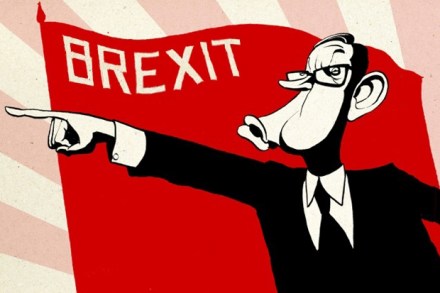The miracle of Michaela
It was like being on the set of an inspirational Hollywood film about a visionary teacher who transforms the lives of disadvantaged African-American and Hispanic children in a run-down part of Los Angeles. The young woman leaping about at the front of the class, who had somehow got a group of 12- and 13-year-olds speaking fluent French, looked a bit like Emma Stone. If this was a film, she’d be a cert for an Oscar. But this was no movie and I was in Wembley, not LA. The French class I was observing at Michaela Community School — a free school opened in 2014 by Katharine Birbalsingh — was the




















